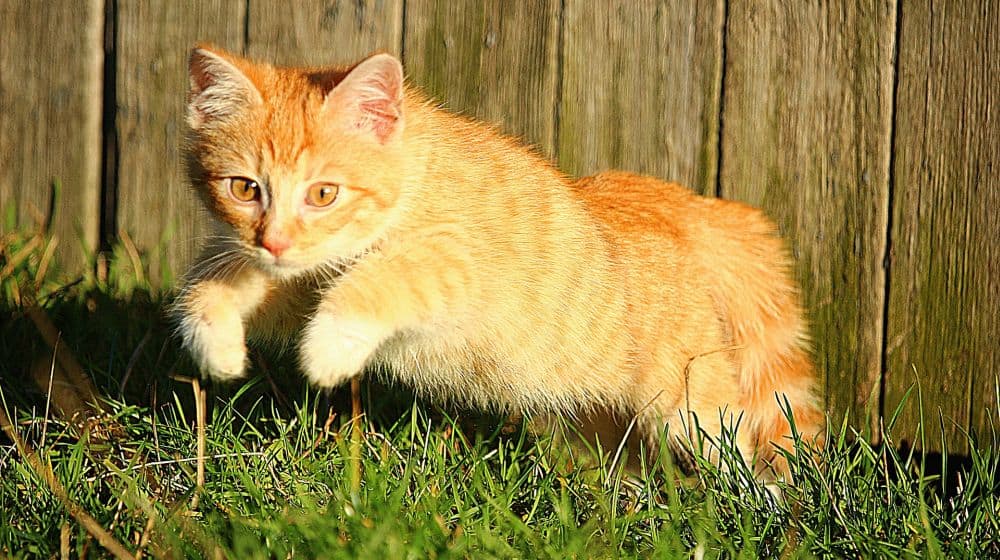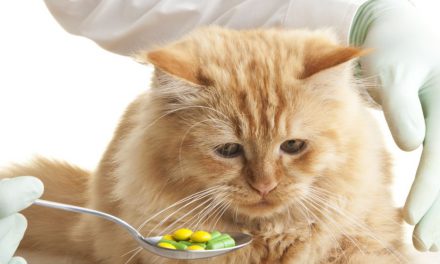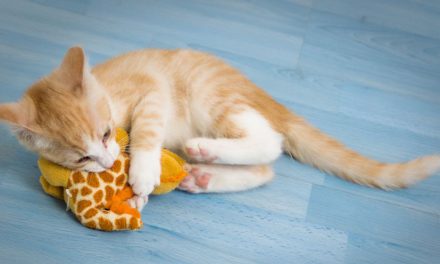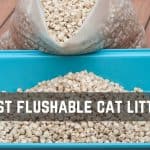A majority of the time, all you need to do to keep your feline healthy, is to provide nutritious meals, secure shelter, and plenty of water. Cats like all animals require water to keep them hydrated and energetic. Nevertheless, like all living things, cats will become ill, from time to time, even though they have been given top care. It is important that as a cat parent, you know how to keep your cat healthy.
The Proper Food
As a pet owner you’ll want to make sure that you feed your feline premium quality cat food. Veterinarian approved cat food such as Iams, Royal Canin, and Hills just to name a few, are ideal for cat food because it has the right balance of vitamins, minerals, and antioxidants for your; pet’s daily needs. Different breeds of cats will require a different variety of essential nutrients to help them with their breed characteristics. For example, long hair breeds may require a special formula in their food to reduce hairballs, and agile, active cats will need certain nutrients to help maintain their lean muscles.
Signs of Illness
Observing your cat’s behavior is essential is determining if they may be ill. Cats are very good at hiding their illnesses since these independent creatures are always lounging on top of a high surfaced area or sofa, are constantly on the prowl for a hunt and can spend more than 12 hours a day sleeping. Many cat ailments are fleeting and non-critical, however there are some situations where a veterinarian care is the best course of action to determine the extent of your feline’s illness.
If you cat is acting lethargic, walking exceptionally slow, or just lying around more than usual, not eating, vomiting when consuming its meals where there could be blood in the vomit, excessive diarrhea inside and outside of the litterbox, and sneezing profusely, this is an indication that you will need to take them to the Vet immediately. Another thing to look for is if your cat’s fur looks lifeless, patchy, dull or feels rough. A cat’s coat should always be luxuriously soft to the touch, shiny and full. If this is not the case, then your cat may be dehydrated or it’s digestive system may not functioning properly to take in nutrients and vitamins. Coughing may be tricky due to the fact that a cat will normally cough to dislodge hairballs. However, if they are coughing constantly and it sounds like a dry cough and they are spewing up more than hairballs, this is an indication to rush them to the Vet.
Regular Vet Checks
One way to guarantee that your cat is not exposed to life threatening diseases is to give them regular vaccinations. Vaccinations will protect them from contagious diseases when they come into contact with other animals and will help them fight unforeseeable infections. This measure will help to ensure that your feline stays healthy, and strong in order to live a normal life span. Illnesses such as feline distemper, (FPV) rabies and feline leukemia are lethal and can be avoided with regular vaccinations. With regards to feline distemper (FPV) this is a causative virus that is very resilient and can survive for years in contaminated environments. Kittens from 6 months to 2 years are at high risk, as well as pregnant cats. Hence, inoculating your cat against this disease is extremely important. Rabies can be contracted when your cat goes outdoors and gets bitten when they interact with wild animals such as raccoons, bats, skunks, possums. Rabies is a viral disease that affects the spinal cord and brain and will ultimately result in death for your cat. Feline leukemia is transmitted from one cat to another through saliva, blood, urine and feces. It can cause anemia and suppress your cat’s immune system. Fortunately, 70% of cats who are exposed to the disease are able to resist infection.or eliminate it on their own.
Another issue, which is extremely typical with outdoor cats, is worms. Kitties that have worms will generally have a lackluster coat of fur and hardly any to no appetite. There are a number of various kinds of worms, including ringworm and hookworm. Worms can come from lice, fleas, or also the organs of dead rodents that cats hunt and sometimes eat. What typically happens is that the cat will digest the eggs which will later connect and grow on their own to the walls of their intestines. However, if you feed your cat garlic often during feedings, it can assist to protect him against worms.
How to Keep Your Cat Healthy Summary
All in all, as cat owners we all adore our felines and want them to lead long lives. Therefore, it is important to know how to keep your cat healthy. Practicing good cat care habits and spending time with our feline will ensure that they lead fulfilling, healthy lives for years to come.














